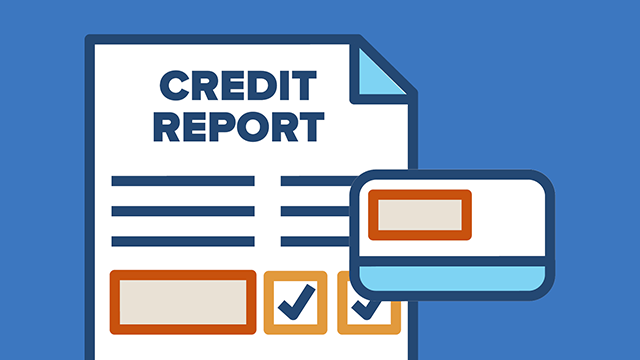Have you ever wondered why some people manage their money effortlessly while others struggle to make ends meet? The answer often lies in their early financial education—or the lack of it. Teaching young people how to handle money responsibly prepares them for lifelong success. Teaching Financial literacy isn’t just about numbers; it’s about equipping individuals with the tools to make informed decisions about saving, spending, and investing. Let’s explore practical ways to instill money management skills in the next generation.
Start Early: The Value of Money in Everyday Life

Children often learn best through experiences, so starting financial lessons early is essential. Begin by introducing the concept of money’s value through simple activities like setting up a mini “store” at home. Allow children to “purchase” items with play money to grasp the concept of earning, saving, and spending. As they grow older, they move on to real-life scenarios, like giving a small allowance and guiding them on how to budget it. This hands-on approach makes the lessons engaging and relatable.
When money becomes part of their daily thinking, kids understand its significance beyond spending. Teaching these basics early also lays the foundation for more advanced concepts like needs versus wants, a crucial step in shaping responsible financial habits.
Teach Budgeting Through Fun and Practical Tools
Budgeting doesn’t have to be boring. One effective way to teach kids and teens about budgets is to use simple charts or digital tools. Show them how to allocate their money into categories like saving, spending, and giving. Introduce the “50/30/20 rule” as an easy framework—50% for essentials, 30% for wants, and 20% for savings. You can encourage them to write down their goals, whether saving for a toy or contributing to a family vacation.
Budgeting also teaches discipline, a critical skill for future financial stability. Integrating such lessons into their routine helps them see budgeting as a tool for achieving goals rather than a restriction. By showing them the bigger picture, they’ll appreciate the benefits of planning.
Use Real-World Scenarios to Build Financial Skills
Learning becomes more meaningful when tied to real-life experiences. For instance, take your teen grocery shopping and give them a set budget. Let them decide which items to buy while staying within the limit. This exercise highlights the importance of comparison shopping and distinguishing between wants and needs.
You can also introduce concepts like saving for emergencies by creating a mock situation, such as a sudden expense, and discussing how to handle it. These activities encourage critical thinking and help teens understand why financial planning matters. As they age, lessons can extend to topics like banking, investing, and managing debt, preparing them for real-world responsibilities.
Encourage Saving with Incentives
Saving money can be challenging, especially for young people eager to spend. Make it rewarding by offering small incentives. For example, you could match a portion of their savings to show how savings can grow over time. Another idea is to introduce them to the concept of interest—explain how their money can “work for them” if left untouched in a savings account.
To make saving a habit, set clear goals with them. Whether a new gadget or a weekend outing, having a tangible objective makes saving more exciting. These lessons promote patience and teach the value of planning for future rewards.
Promote Open Conversations About Money
One of the most effective ways to teach money management is by creating an open environment where discussing finances is encouraged. Please share your experiences, both successes and mistakes, to help them learn from real-life examples. By normalizing conversations about budgeting, debt, and financial planning, young people gain confidence in handling money.
It’s also a great opportunity to introduce resources to enhance their understanding. Intuit offers various tools to simplify financial concepts, making them accessible and easy to grasp. Empowering them with knowledge equips them to face financial challenges head-on.
Money management is not a skill that develops overnight; it’s a journey that evolves with time. By starting early, using practical tools, and creating real-world experiences, parents and educators can build a strong financial foundation for the next generation. Remember, every lesson counts in shaping a confident and financially savvy individual.



